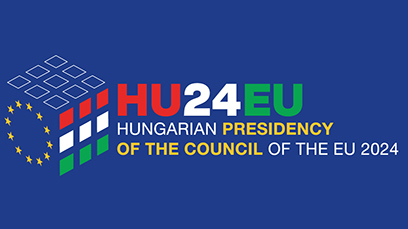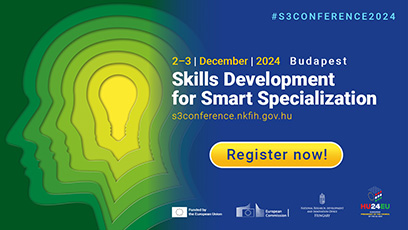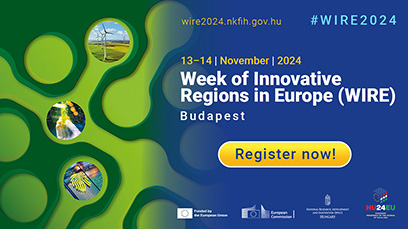The conference aims to promote the importance of a multi-stakeholder approach to maximise the societal impact of brain research, to gather feedback on challenges and best practices in collaboration, and to discuss ways to foster effective and dynamic pan-European research and innovation collaboration.
BIOEAST and Beyond’ high-level conference on Central and Eastern European research and innovation priorities in the context of sustainable soil and freshwater resilience, food systems security and bioeconomy related policies.
Improving education and training is essential to equip individuals with the skills needed for green digital technologies. The conference will address different aspects of skills development and smart specialisation, involving EU and national policy makers and experts.
The Competitiveness Council works to enhance competitiveness and increase growth in the EU. It deals with four major policy areas: internal market, industry, research and innovation and space.
Strengthening European cohesion and competitiveness through research and innovation: the science agenda for European progress in a global context.
The choice of theme for this year's conference reflects one of the priorities of the Hungarian Presidency: competitiveness. The discussions will contribute to analysing the current situation and identifying challenges and best practices. The programme will cover these topics through an examination of the many initiatives, concepts and instruments launched, developed and offered by the European Union.
ERAC is the EU's strategic policy advisory committee on topics related to research and innovation (R&I) within the European Research Area (ERA). ERAC meetings take place quarterly, one of which is traditionally hosted by the country holding the current EU Presidency.
The Working Party on Research, responsible for all matters related to EU's Research and Technological Development handles matters in the R&I area, including legislation, before they are discussed in the Competitiveness Council meetings.
1051 Budapest, Erzsébet tér 12., Hungary
Blvd Auguste Reyers 80, 1030
The high-level conference will be dedicated to discussing success stories and lessons learnt after four years of revamping the European Research Area.
The agenda of the ministerial meeting includes the strengthening of the European research and innovation competitiveness and overcoming the fragmentation of the ERA.
6722 Szeged, Egyetem u. 2., Hungary
European Strategy Forum on Research Infrastructures (ESFRI) meetings take place quarterly, one of which is traditionally hosted by the country holding the current EU Presidency.
Treurenberg 10, 1000 Brussels, Belgium
On the occasion of the Hungarian Presidency of the Council of the EU, and in conjunction with ongoing discussions about the successor programme to Horizon Europe, representatives of the university sector will join policy makers for an afternoon of debate on how to tackle the fragmentation hampering Europe’s innovation capacity.
Avenue de Treves 92 1040, Brussels
The Hungarian Presidency of the Council of the EU, in collaboration with the BIOEAST Initiative, organized a high-level policy debate focusing on the potential role of Central and Eastern Europe within the overarching framework of European Strategic Autonomy, European Food System Security, and European Biotechnology and Biomanufacturing initiatives.






